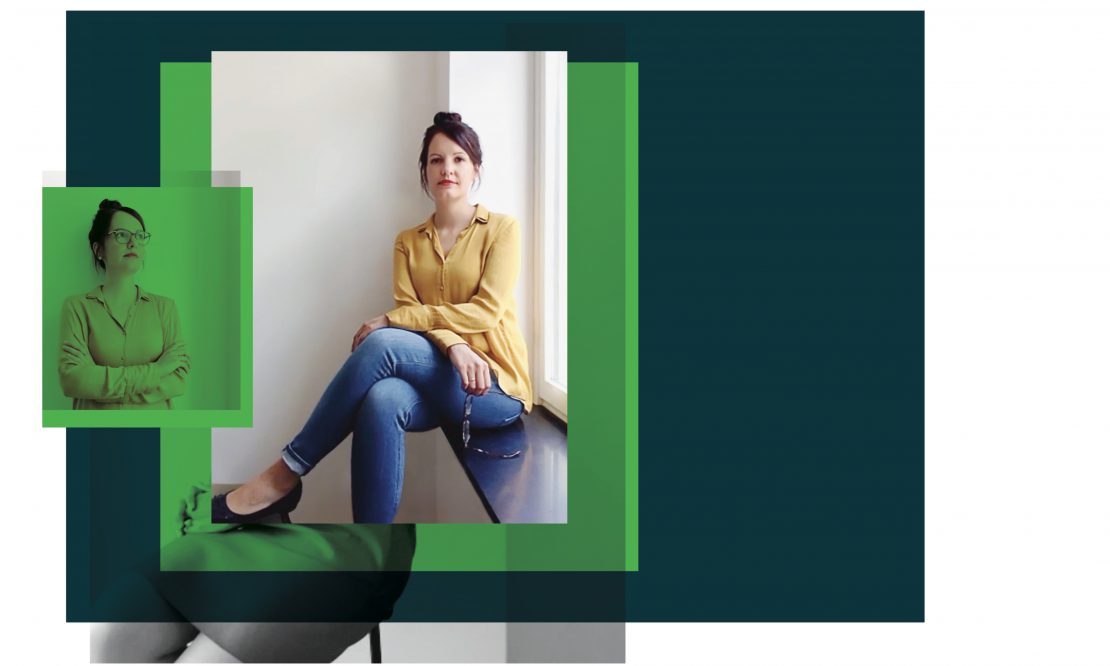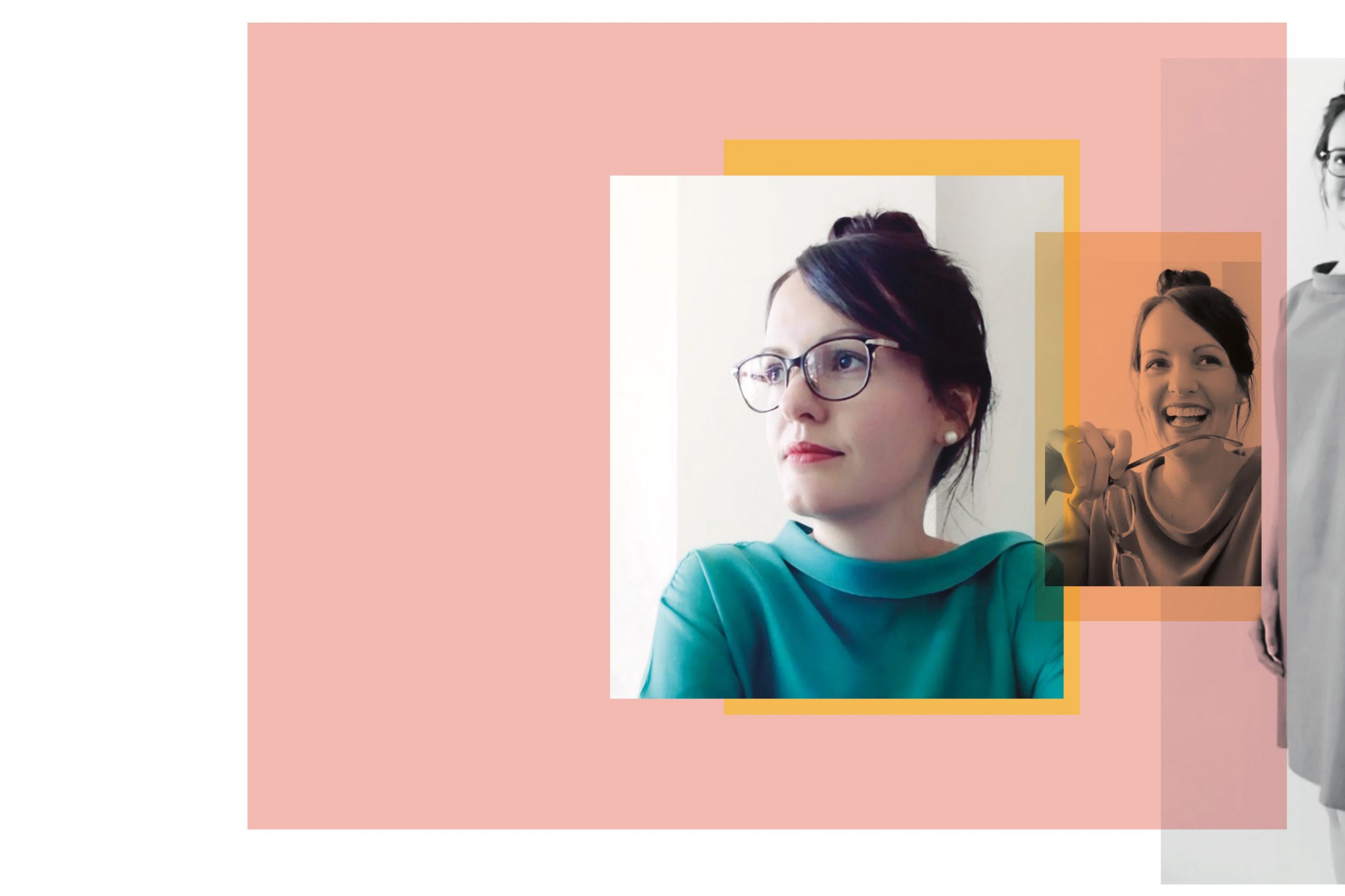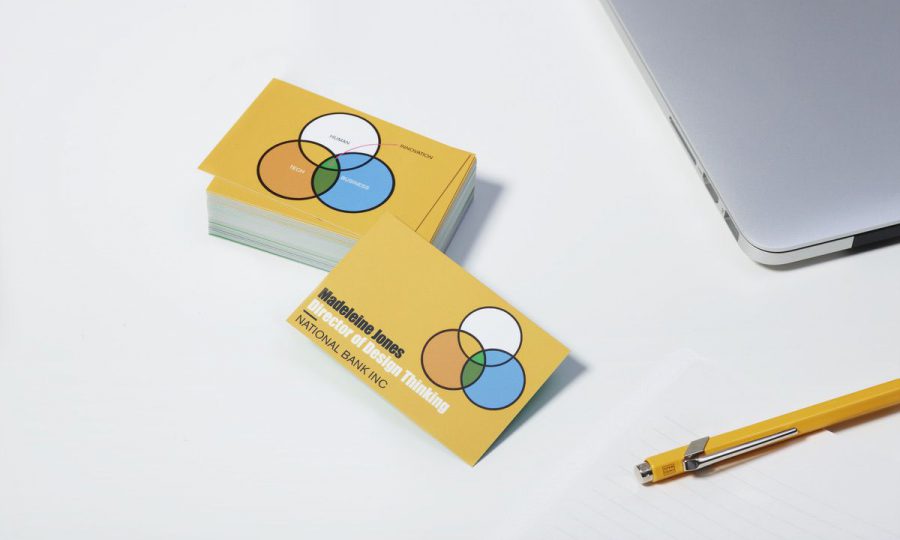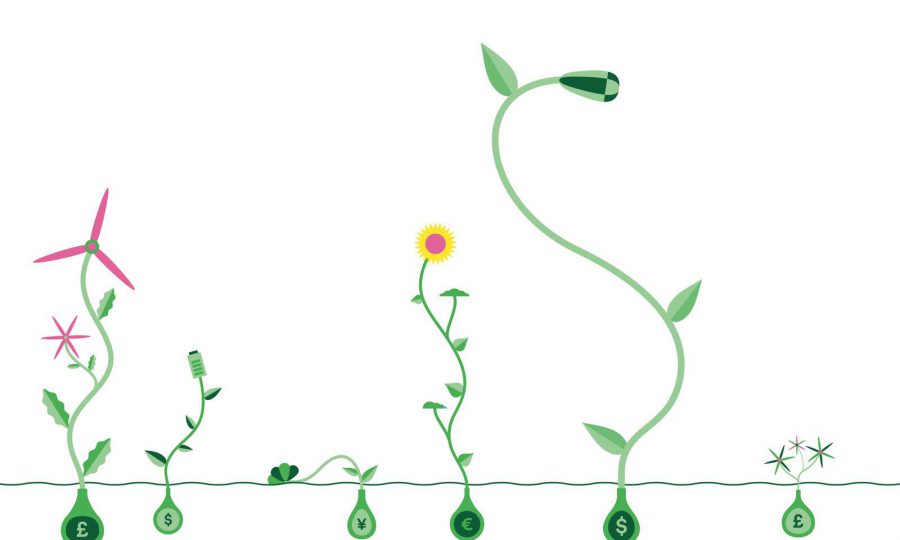Grand challenges and wicked problems
Changing the world is a question of doing, not talking – which means being well-organised is business-critical, says Corinna Frey-Heger.

From refugee crises to climate change to the Covid-19 pandemic, the world is full of so-called ‘wicked problems’ – seemingly intractable challenges where a solution can lead to a completely new and equally problematic issue.
Which is why Assistant Professor Corinna Frey-Heger thinks we need to take a different approach – one that gives as much weight to the organisations trying to solve these problems as the problems themselves. She comes to the work with first-hand experience. Having begun as a political scientist, a placement at the United Nations Refugee Agency in Geneva changed her thinking.
“I’ve always had an interest in the movement of people – the kind of problem that was initially manifested after the Second World War in Europe,” says Frey-Heger. “But now, people, organisations and societies are facing very similar issues due to migration, displacement and refugees, such as the 2015 European refugee crisis. It was amazing to sit in these meetings and hear people call in from all over the world to try and find strategies. But I felt that the debates around how it should be done didn’t help people who were trying to manage refugee crises on a day-to-day basis.”
Back at her day job as a researcher, Frey-Heger began ethnographic fieldwork with an international aid organisation working with refugees in Rwanda. When we think of a refugee crisis, she says, most of us think of an urgent, immediate need that will pass. But in Rwanda, Frey-Heger visited a refugee crisis that had been going for more than 20 years, dating from the arrival of around two million Hutu refugees fleeing persecution and genocide in the Congo. Five camps existed to house these people – an emergency response which continued way beyond the original emergency.
Then, towards the end of Frey-Heger’s time at the camp, Rwanda experienced an influx of thousands of refugees from Burundi. “It was a shock to me to find that they were exposed to one crisis but also had these other crises going on. No firefighter would fight a fire for 20 years. I realised that the organisation was still responding to the crisis in a very emergency-driven mode. When I was interviewing people, I would ask: do you respond differently to an acute crisis and to a long-term crisis? And the answer was: ‘It’s interesting but for some reason we don’t’.”
Frey-Heger found that emergency solutions, implemented over the long term, become problems in themselves. Temporary camps became permanent camps, where new generations were born. People in those camps became entirely dependent on what was supposed to be short-term emergency aid. Over the years, public interest dropped, donations dropped, so the aid dropped. That led to poverty – which meant that residents needed to find work. But in a refugee camp, the main ways to make money are prostitution and further violence: camps are fertile grounds for recruitment of children by rebel groups. The organisation that provided the short-term solution to the problem had become complicit in intensifying the very problems it was initially meant to solve.
Of course, Frey-Heger points out, this complicity is not intentional. “And I think it’s also our fault as a research community. We spend a lot of time and energy looking at how businesses can maximise profits, better strategise and increase their competitive advantages. But we didn’t help those other organisations out there tackling these big and important issues.”

Frey-Heger completed her PhD in 2018 – her dissertation, ‘Organizing in times of global displacement and refugee crises’, won the SAMS Grigor McClelland Doctoral Dissertation Award. But her research, she emphasises, is certainly not a case of simply borrowing business school theories and trying to apply them.
“NGOs often think that ‘if it works for businesses then it should work for us’, which is understandable, but it doesn’t. When these organisations are trying to follow the business school management mantras, they often fail and then they think they’re just not smart enough. But that’s not the case. These organisations are not poorly managed. It’s just that the problems they are trying to solve are so massive, complex and wicked that they cannot be compared with those that business faces.”
Take, for example, distributed experimentation as opposed to standardised responses. Businesses have long sought to develop standardised responses and global guidelines to ensure that different situations are dealt with in the same way. In response, organisations dealing with refugees did the same. “But sometimes, you have to let go and try things out without being 100 per cent sure that they will work – and then be flexible enough to go back. Maybe you will never have a one-size-fits-all solution. And maybe you will have several small wins, experimentally developed in a distributed manner, rather than one big win.”
Research in this area is just getting started, Frey-Heger says, and it’s up to people like her to start the process of untangling which management theories could work – and which might cause more harm. She is hoping that the response to crises such as climate change and the Covid-19 pandemic will encourage leaders, managers and politicians to admit that, in some cases, there is no clear solution, and that solutions themselves may sometimes cause other problems.
Finding ways to enable business and aid organisations to work together efficiently is another strand of her work: she is currently carrying out research on a project with MasterCard and partner refugee organisations that are focused on switching from delivering physical aid to providing cash. “The refugee organisation quickly realised that they are not banks and cannot set up that infrastructure – but MasterCard can. So, both sides are now doing something that they are both really good at.”
And business schools can be part of this solution, carrying research and insight out into the wider world through their students. “Teaching on the Global Business and Sustainability Master’s is a place where I feel I can make an impact. We discuss these wicked problems and grand challenges, and my hope is that students will remember our discussions and go on to be more reflective about the kind of problems they will face. Is it a mundane problem that I can solve? Do I have to properly plan and strategise? Is it a problem I don’t know much about? Will my response to it intensify it?
“My hope is that they will decide not to go for the standard answer. We will have to prepare the next generation for problems that are going to be more and more complex. I want them to realise that sometimes we have to let go of the ‘proven’ ways of addressing them.”



